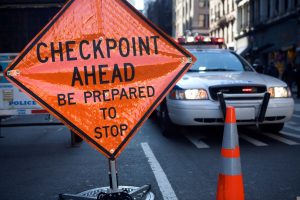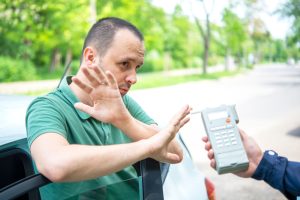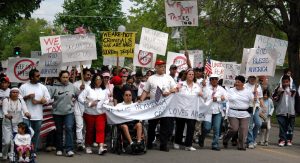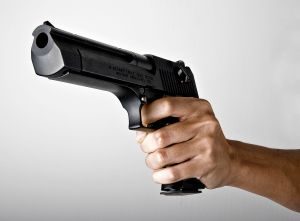DUI checkpoints are a regular occurrence throughout Broward County, especially during holidays and major events. As a Fort Lauderdale DUI lawyer can explain, these strategically placed roadblocks allow law enforcement to briefly stop and evaluate drivers for signs of impairment. While these checkpoints serve a legitimate public safety purpose, many drivers don’t understand how these differ from regular traffic stops or what rights they maintain when encountering one.
How DUI Checkpoints Differ from Standard Traffic Stops
In a typical Broward County DUI arrest scenario, an officer must have “reasonable suspicion” to pull you over. This might include observing erratic driving, speeding, or equipment violations. Once stopped, the officer can investigate further if they develop probable cause to believe you’re impaired.
DUI checkpoints operate differently. At checkpoints, law enforcement can stop every vehicle (or every nth vehicle according to a predetermined formula) without specific suspicion of wrongdoing. This presents a significant constitutional exception to the Fourth Amendment’s protection against unreasonable searches and seizures.
Legal Foundation for DUI Checkpoints
The Florida Supreme Court established the legality of sobriety checkpoints in the 1986 decision in State v. Jones, determining that properly conducted checkpoints do not violate Florida’s Constitution. The U.S. Supreme Court similarly upheld their constitutionality in the 1990 ruling in Michigan Department of State Police v. Sitz, finding that the state’s interest in preventing drunk driving outweighed the minimal intrusion on individual rights.
However, for a checkpoint to be legal in Florida, it must adhere to strict guidelines:
- The checkpoint must be authorized by supervisory personnel following a written operational plan.
- Officers cannot have unfettered discretion in stopping vehicles.
- The checkpoint must be clearly identified as a sobriety checkpoint.
- Motorists must receive adequate advance notice.
- The location must be reasonable.
- The detention time must be minimal.
- The roadblock must be conducted safely.
Checkpoints that fail to meet these requirements may be deemed unconstitutional, potentially invalidating any resulting arrests. An experienced criminal defense lawyer can analyze the facts of your case to help make that determination.
Your Rights at a Broward County DUI Checkpoint
When approaching a checkpoint in Fort Lauderdale or elsewhere in Broward County, you should be aware of your rights:
- You must stop at the checkpoint. Attempting to avoid a checkpoint by making an illegal U-turn or other evasive action can provide officers with reasonable suspicion to stop you separately.
- You must provide license and registration. Florida Statute §322.15 requires drivers to present their license, registration, and proof of insurance when requested by law enforcement.
- You can remain silent. Beyond providing identifying documents, you have the right to decline answering questions about where you’re coming from, where you’re going, or whether you’ve been drinking. Simply inform the officer politely that you’re exercising your right to remain silent.
- You can decline field sobriety tests. These tests are voluntary, and you can refuse them without penalty. However, be aware that refusal may lead officers to develop probable cause for arrest based on other factors like odor of alcohol, slurred speech, or bloodshot eyes.
- Chemical tests are different. Under Florida’s “implied consent” law (F.S. §316.1932), refusing a breath, blood, or urine test after arrest can result in an automatic one-year license suspension (18 months for a second refusal). This refusal can also be used against you in court.
The Checkpoint Process in Broward County
Broward County law enforcement agencies, including the Fort Lauderdale Police Department and Broward Sheriff’s Office, typically conduct checkpoints at high-traffic locations during evening hours. Officers may:
- Request your license and registration.
- Engage you in brief conversation to observe signs of impairment.
- Look for visible open containers or drug paraphernalia.
- Request field sobriety tests if they suspect impairment.
- Conduct breath tests if probable cause is established.
How a Local Fort Lauderdale Attorney Can Help
If you’re arrested at a DUI checkpoint in Broward County, securing representation from a local criminal defense attorney offers significant advantages: Continue reading
 Fort Lauderdale Criminal Attorney Blog
Fort Lauderdale Criminal Attorney Blog








